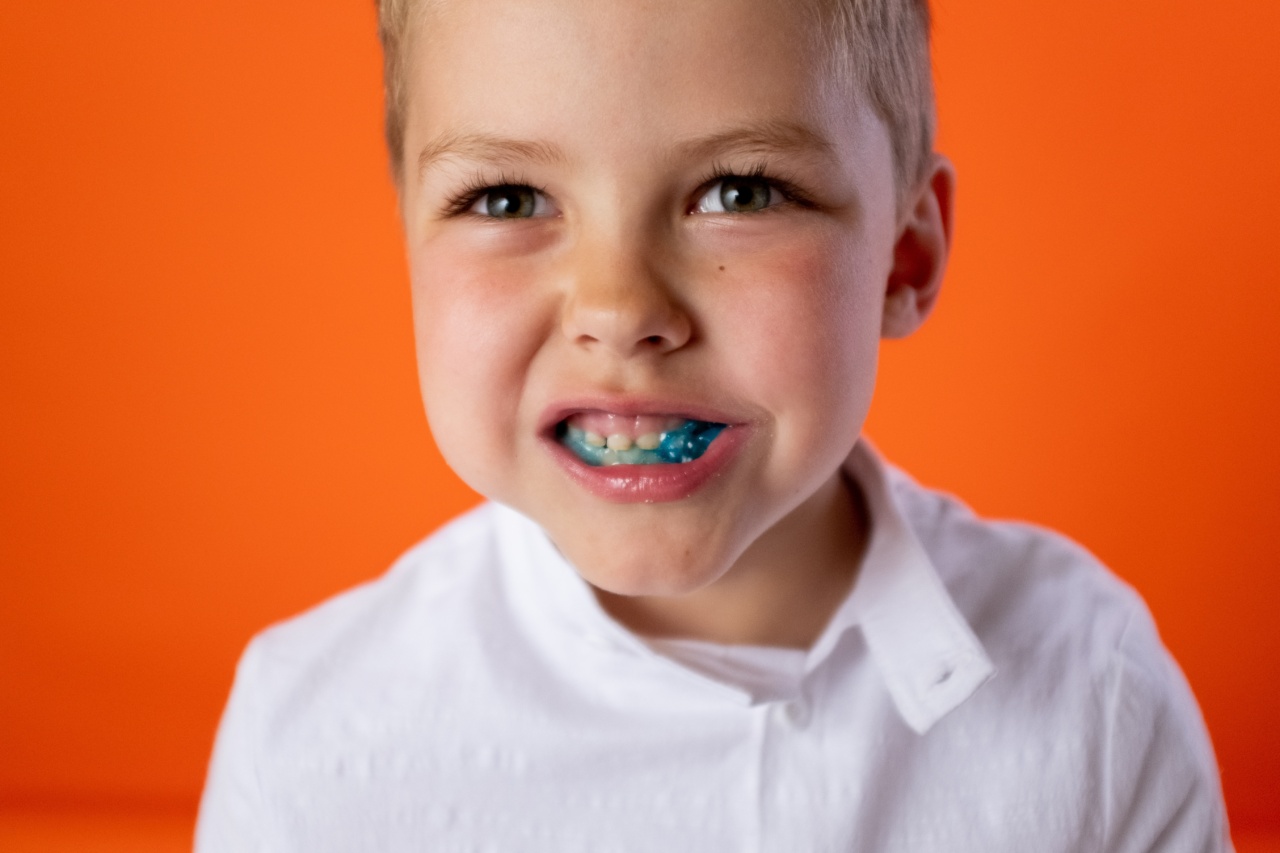Disordered eating refers to a range of abnormal eating behaviors that are not severe enough to be classified as eating disorders, but still have negative effects on one’s physical and mental well-being.
These behaviors often involve an unhealthy fixation on food, body weight, and shape. While disordered eating can manifest in various ways, it often leaves visible signs on the teeth and oral health.
Dentists and dental professionals play a crucial role in identifying these indicators and potentially helping individuals receive the necessary support and treatment for their disordered eating habits.
Effects of Disordered Eating on Teeth
Disordered eating habits, such as restrictive diets, excessive purging, and binge eating, can have significant consequences for oral health. The following are some of the ways disordered eating affects teeth:.
Erosion of Tooth Enamel
One common effect of disordered eating is the erosion of tooth enamel, which is the protective outer layer of the teeth.
Regular exposure to stomach acids due to vomit-inducing behaviors, like self-induced vomiting or abuse of laxatives, can lead to enamel erosion. This can result in teeth becoming thin, brittle, and sensitive.
Cavities and Tooth Decay
Disordered eating often involves consuming highly acidic foods and beverages or excessive amounts of sugar. Acidic foods and drinks, such as citrus fruits, soda, or energy drinks, can erode enamel and make teeth more prone to cavities.
Additionally, frequent consumption of sugary foods and drinks can contribute to tooth decay. These habits, combined with poor oral hygiene practices, increase the risk of cavities and tooth decay.
Sensitivity to Hot and Cold
Enamel erosion resulting from disordered eating can cause the teeth to become more sensitive to hot and cold temperatures. This sensitivity can make it uncomfortable or painful to eat certain foods or drink certain beverages at extreme temperatures.
Change in Tooth Color
Disordered eating, particularly excessive consumption of acidic foods or frequent vomiting, can cause teeth to become yellowish or stained over time. This change in tooth color can impact an individual’s self-esteem and confidence.
TMJ Disorders
Temporomandibular joint (TMJ) disorders may also occur in individuals with disordered eating habits. TMJ disorders can cause jaw pain, difficulty in opening and closing the mouth, and clicking or popping sounds when chewing or speaking.
Bruxism
Bruxism, or teeth grinding, is another oral health issue commonly associated with disordered eating. Stress and anxiety related to disordered eating can lead to involuntary clenching and grinding of the teeth, primarily during sleep.
Over time, this can result in tooth wear, fractures, and even the loosening or loss of teeth.
Inflammation of Salivary Glands
Some disordered eating behaviors, such as frequent vomiting or purging, can cause inflammation or swelling of the salivary glands. This can lead to discomfort, dry mouth, and an increased risk of dental problems.
Bad Breath
Disordered eating habits can contribute to chronic bad breath or halitosis. This can be due to a combination of factors, including dry mouth, poor oral hygiene, and stomach acid reflux.
Oral Sores and Tissue Damage
Repeated vomiting or purging can cause trauma to the oral tissues, resulting in the formation of sores, inflammation, and bleeding gums. These oral sores can be painful and increase the risk of infections.
Importance of Dental Professionals
Dentists and dental professionals are often the first to notice signs of disordered eating in patients during routine check-ups. They play a critical role in identifying these indicators and addressing the underlying issues. Dental professionals can:.
Provide Education and Support
Dental professionals can educate patients about the impact of disordered eating on oral health and provide support and resources for seeking help.
By recognizing the signs, dentists can encourage individuals to seek assistance from mental health professionals or support groups specializing in disordered eating disorders.
Monitor Oral Health
Dentists can closely monitor the oral health of individuals with disordered eating habits to detect early signs of tooth decay, erosion, or other dental problems. Regular check-ups can help manage these issues before they worsen.
Offer Oral Care Strategies
Dental professionals can provide personalized oral care strategies for individuals with disordered eating habits. This may include recommending specific oral hygiene products or techniques to address sensitivity, erosion, or dry mouth.
Collaborate with Healthcare Providers
Dental professionals can work in collaboration with healthcare providers, such as nutritionists, therapists, or physicians, to develop a comprehensive treatment plan for individuals struggling with disordered eating.
This interdisciplinary approach ensures holistic care for patients.
Conclusion
Teeth serve as valuable indicators of disordered eating habits. Dentists and dental professionals are uniquely positioned to identify these signs and help individuals receive the necessary support and treatment.
By raising awareness about the effects of disordered eating on oral health and encouraging early intervention, dental professionals play a vital role in the overall well-being of individuals struggling with disordered eating habits.





























